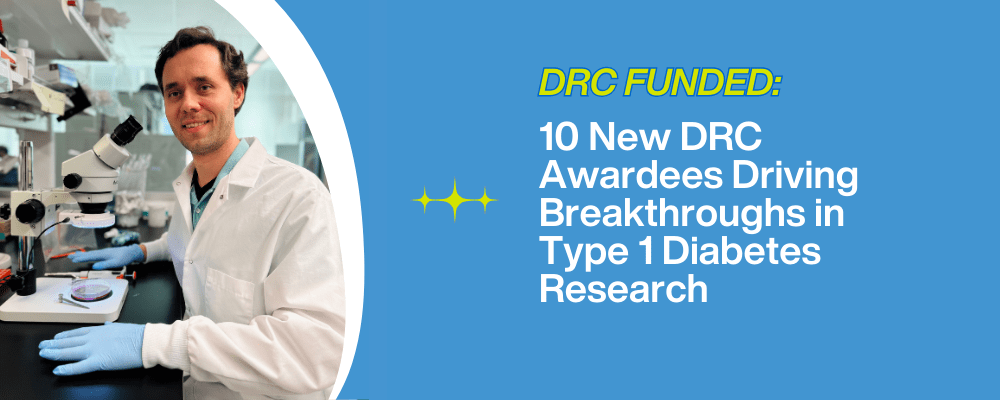There is no single factor that is entirely responsible for the development of type 1 diabetes. Scientists believe that both genetic and environmental factors play a role. One area that they are examining more closely is the impact of enteroviruses. Studies have found that since the introduction of two rotavirus vaccines in 2006 and 2008, the incidence of type 1 diabetes in children has decreased.
A recent study compared data from 2001 to 2017 for nearly 1.5 million infants in the United States. They looked at the incidence rate of type 1 diabetes in those who received the full series of either rotavirus vaccine (pentavalent RotaTeq or monovalent Rotarix), those who received only partial vaccination, and those who were unvaccinated either by parental choice or because the vaccinations had not yet been developed. They also looked at incidence rates among children who received both a rotavirus vaccine and the diphtheria, tetanus, and pertussis (DTaP) vaccines at the same time, and those who received only the DTaP vaccines.
While partial vaccination had no impact on risk of type 1 diabetes, infants who completed the rotavirus vaccine series showed a 33% reduction in risk, with those receiving the pentavalent vaccine experiencing a 37% lower risk. In addition, children who were vaccinated had lower hospital admission rates due to enteroviruses within 60 days of being vaccinated than children who were unvaccinated. According to the study, in terms of type 1 diabetes risk, “Overall, there was a 3.4% decrease in incidence annually in children ages 0-4 in the United States from 2001-2017, which coincides with the vaccine introduction in 2006.”
When the rotavirus and DTaP vaccines were administered together, there was a 56% reduction in risk of developing type 1 diabetes than when DTaP vaccines only were given. This leads scientists to believe that the rotavirus vaccine plays an integral role in risk reduction. While it does not entirely prevent infants from developing type 1 diabetes at some point in their life, it may reduce their risk of the disease.
Previous studies have shown that rotavirus infection may increase the destruction of insulin-producing beta cells in diabetes-prone mice. In addition, children who had multiple rotavirus infections had increased islet antibody levels which may contribute to islet autoimmunity, which in turn is linked to type 1 diabetes risk.
Though more research is necessary including longer longitudinal studies to determine if type 1 diabetes was prevented entirely or only delayed, this study is a step in the right direction toward potentially reducing diabetes risk. Encouraging families to get their children the rotavirus vaccine – which is covered at no cost under most health insurance plans – could be an effective strategy in decreasing risk of type 1 diabetes.
Diabetes Research Connection (DRC) is interested to see how these findings may impact the future of prevention efforts for type 1 diabetes and what additional research will discover. The DRC supports early career scientists in pursing novel research regarding type 1 diabetes including diagnosis, prevention, treatment, and management of the disease. To learn more about current projects and how to support these efforts, visit http://diabetesresearchconnection.org.




